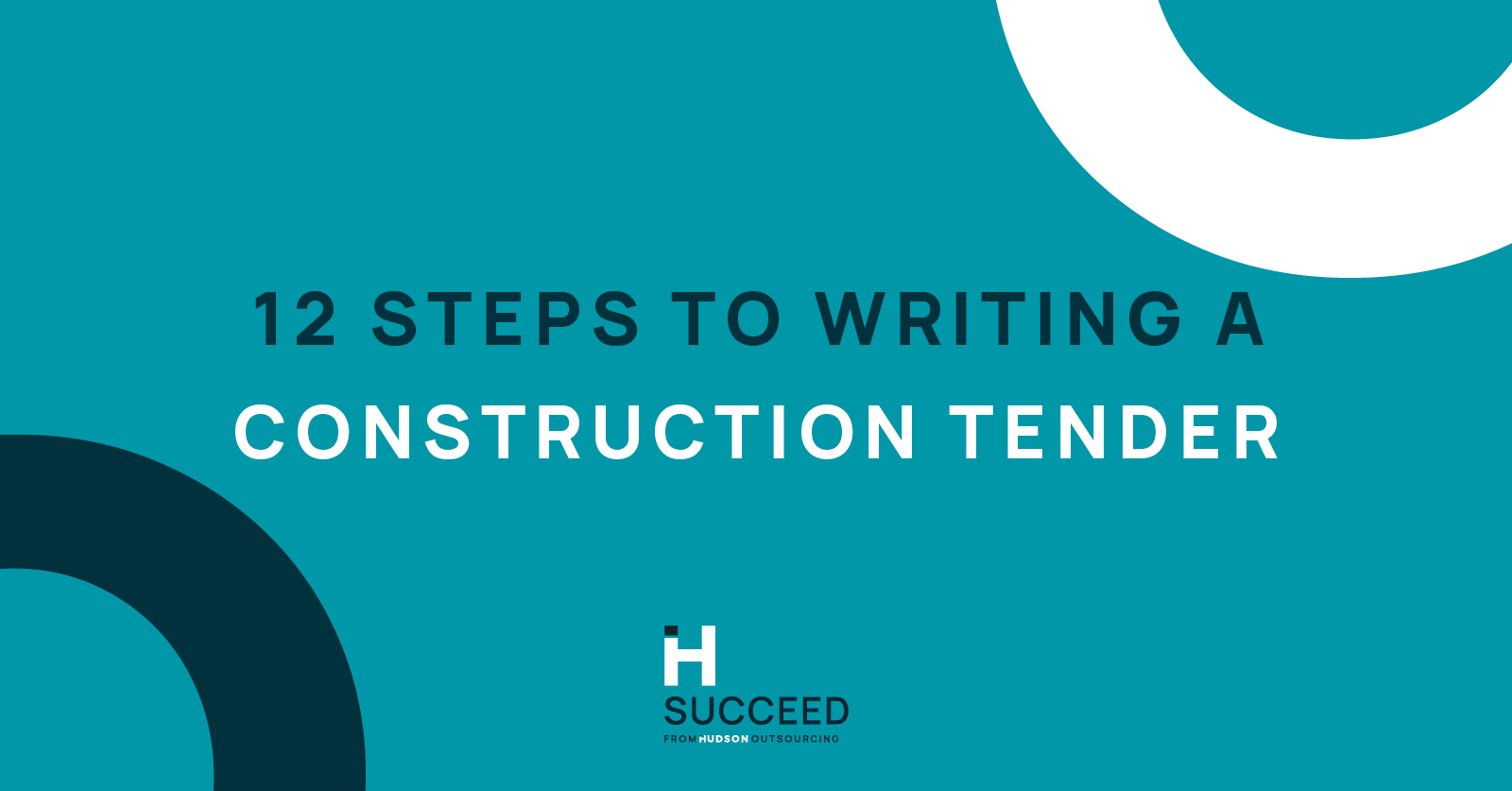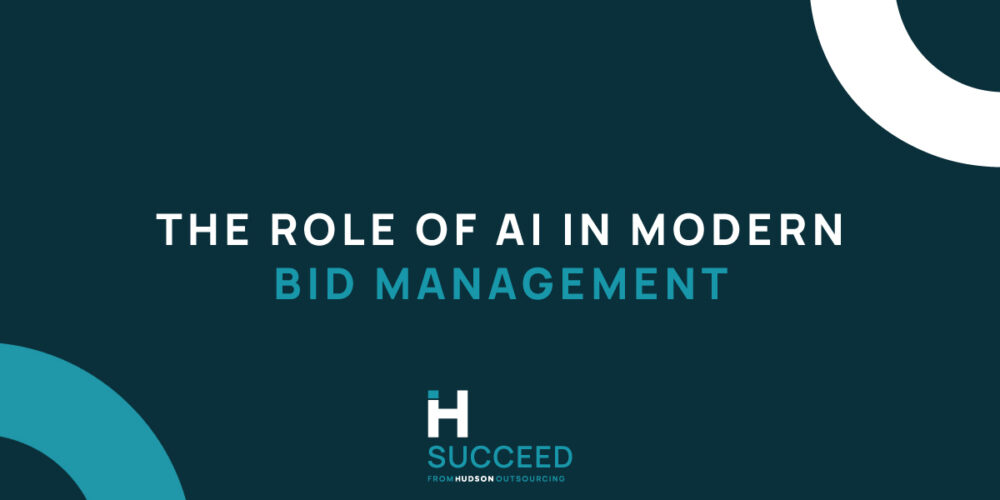An Expert Insight into Writing Construction Tenders
Last updated: Aug 30, 2022 @ 4:29 pm
Introduction
Construction tenders can take up a significant amount of commercial resources for construction companies. There is often a huge amount of information to digest as part of understanding the tender including:
- A letter of invitation to tender.
- The form of tender;
- Preliminaries (including pre-construction information and site waste management plan);
- The form of contract, contract conditions and amendments. This might include a model enabling amendment if building information modelling (BIM) is being used, to make a BIM protocol part of the contract documentation;
- Employer’s information requirements if BIM is being used;
- A tender pricing document (or contract sum analysis on design and build projects);
- A drawing schedule;
- Design drawings, and perhaps an existing building information model, and
- Specifications
This can be overwhelming for some construction companies looking to return a compliant tender. Sometimes it can put you off completely.
But returning a strong construction tender isn’t impossible if you know how to do it. The team at Hudson have prepared the list below to help you guide your tender.
The tips below assume some level of tendering ability, for example, this list assumes your tender will be compliant. Find more guidance on compliant tenders.
If you require help you can contact our PPQ Tender Writing team.
1) Know your strengths and weaknesses
It’s an easy place to start, right?
You are the experts at knowing your business strengths and weaknesses. You know what you can deliver well and what you would need support to deliver. When you begin to tender for construction bids, you need to go into it without rose-tinted glasses.
Be brutally honest about what you can clearly demonstrate you’re the experts at and tailor your tendering to these areas.
2) Research your clients
Clients appreciate it when tenderers include details above and beyond the tender documents they created. By taking the time to research your client you can learn their strategic plans for the future and what’s important to them.
You can then use this understanding to tailor your tender approach. Show the Client how the construction services or product you offer will support both project delivery and achieving wider goals.
3) Use your expert staff
Not only are your operational staff good at construction, but they’re also subject matter experts in their respective fields.
Use this expertise in construction to create the tender. Engage with the team you will allocate to complete the works and get them to help develop the methodologies you will have to write about.
If you work with your staff as soon as the tender lands and plan your response, you’ll immediately start creating a strong response. Often, they can identify improvements to the proposed construction!
Your humble blog writer has had first-hand experience of this. The Operations Manager took one look at the client’s designs and immediately gave alternative methods to achieve the same result with fewer materials and cost.
Encourage this behaviour and use the team’s construction knowledge to provide strong tender arguments.
4) Be specific
The specification you will receive as part of the construction tender documentation will tell you in great detail the requirement for the project. Your tender response needs to be as detailed.
Construction Clients want to know how exactly how you are going to deliver the works. Give as much detail as you can within the set word or page limits.
Where you have given a method or proposed action, back this up with examples of previous successes or proof of concept.
5) Invest in the tender process
No matter the size of your construction company, tendering for construction opportunities is important. To see the best results you need to invest time and resource in your tender process.
Make the time to get your experts around the table, on a budget for resources to gather this information for you. Invest in bid writers dedicated to writing the strongest possible tenders for you.
This part is important: If you don’t invest in your tender process you won’t see the results, you’re targeting…
6) Have strong examples
This links to your investment in the tendering process but is worth noting in its own right. Take the time to create a pool of good examples of your previous delivery:
- Projects completed
- Good References from your clients
- CCS reports
- National awards and nominations
- Before / During / After photos
- Fully completed Risk Assessments, Method Statements,
- Training examples, Toolbox Talks
- Site Audits and reports completed.
Having a detailed pool of previous examples of your completed work will make your tenders stronger.
7) Get Feedback
Get feedback from everyone, for everything. For all the works completed as part of your day to day project delivery – get a statement of satisfaction from the client. This might be part of your established methods of working to prove satisfactory completion of work – use it as examples for tenders. At the end of the project, request a feedback session with the Client to capture your successes (and constructive criticism!)
For every construction tender, request feedback at the end of the processes. Even for the tenders you win! Clients are happy to provide this upon request and will usually be specific about how they scored your tender.
Use this to learn and develop your tendering approach. You will quickly find that different clients like different things in tenders (even across the public sector when they have the same scoring approach!)
8) Involve your Supply Chain
Every time you propose to deliver construction works with subcontractors, involve them in the tender process. If you’re subcontracting works you already realise that your subcontractors have skills and expertise you can’t offer.
Use that skill and knowledge as part of the tender process – No one says you have to do it on your own!
9) Make time to tender
Each construction tender opportunity has a minimum tendering window to allow you to create a strong response. There are two key points to take home here:
- Find tender opportunities as early as possible. This gives you the most time possible to plan and deliver a strong response.
- Dedicate the time you need to create a strong tender. Tenders are not quickly written (especially construction tenders). They require detailed planning and adequate time to create a strong response. By giving yourself (or your team) the time it takes to produce the best quality response you can, you give yourself the best chance of success.
10) Design your response
Sometimes construction clients require you to fill in template responses, meaning you are limited in how you have to return your tender documents. Sometimes you are given free rein to create a tender response document. When this happens – take full advantage!
It is your chance to make a strong impression. Bear in mind that the panel assessing all the tender responses are going to review multiple documents together. By creating a well-designed tender response you will draw the client’s attention above other boring documents.
Creating a construction tender is your chance to show off your company to potential clients. Take the opportunity and use it to show off how good your company is. No one else will tell the buyers how good you are!
Just remember these tips for how to show off well:
- Provide evidence for every statement you make.
- Clearly lay out your argument for the client to read.
- Choose your arguments carefully, matching them to the required answers.
11) Don’t be afraid to ask for help
You’re not expected to be an expert at tendering. You’re an expert in Construction. Hudson, however, are experts at tendering.
We’re here to help you succeed at construction tendering – so you can focus on being experts in construction.
By contacting our team, we can take the stress out of tendering for construction opportunities. We can guide your introduction to the world of construction tenders. So if you’re looking for help, don’t be afraid to ask! Get in touch with our team of tendering experts today.
12) Build up your tendering abilities
The more you go through a tendering process, the better your tendering abilities will become. You can achieve this by:
- Creating a databank of template responses to use as a guide each time you receive a similar question. E.g. Health and Safety.
Note: each construction tender will need a bespoke response – No copying and pasting!
- Establish a process for guiding your response creation. E.g. have a plan for how you will respond to each construction tender.
- Create and maintain a stock of examples of your work to support your tenders.
- Use the right people to lead the tender process. By having the right people driving your tendering, you will find the process runs smoothly.
If you’re not in a position to create a team of writers and bid managers, why not use ours?
Conclusion
In summary, the most important thing to do when you tender for a construction opportunity is to prepare as far beforehand as you can. If you don’t take plenty of time to understand your bids and tenders and plan your response then you might find that all the stress is for nothing!
Give yourself plenty of time, read everything carefully and approach the work methodically. If you do this, you’ll have a strong chance of tendering successfully without too much stress!
For more information on how to tender for construction opportunities, or to improve your existing tendering efforts, contact a bid consultant today. Also, check out the UK’s first free-to-access virtual learning environment, Tender VLE, for more guidance on organising your tender documents.
Construction Tenders
Are you currently looking for new business opportunities in the Construction sector? Visit www.construction-tenders.co.uk for sector-specific contracts, uploaded daily by our Opportunity Tracking team.
Find more helpful tips and advice in our blogs. We cover topics including:





